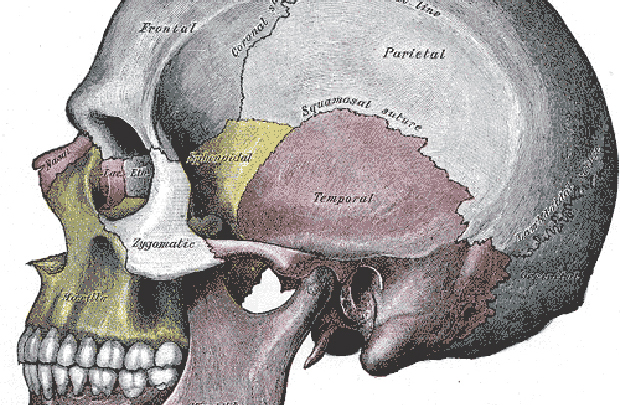One in every 2,000 babies is born with a skull that can’t grow normally. Sections of these babies’ skulls are fused together at joints called sutures, constricting the developing brain and disrupting vision, sleep, eating and IQ. For these young patients, risky skull-expanding surgeries become an almost annual event.
Now, three leading universities for stem cell research — USC; UCLA; and the University of California, San Francisco (UCSF) — have joined forces to find better solutions for these and other patients with craniofacial defects.
All three institutions have leading stem cell research centers established with support from Eli and Edythe Broad, and all three are home to top scientists and clinicians in the field of craniofacial biology.
“The value of this collaboration is bringing together a bunch of interested scientists from three major institutions in California around really important problems,” said Andy McMahon, PhD, FRS, director of the Eli and Edythe Broad Center for Regenerative Medicine and Stem Cell Research at USC.
Mark Urata, MD, DDS — a plastic and reconstructive surgeon at USC and Children’s Hospital Los Angeles — underscores the need to invent less painful, dangerous and disruptive treatments for babies with fused skulls. “The operation we perform is state-of-the-art,” he explained. “We’re doing this better than most people in the country, and yet it’s not good enough.”
Yang Chai, DDS, PhD — the George and MaryLou Boone Professor, director of the Center for Craniofacial Molecular Biology (CCMB) and associate dean of research at the Ostrow School of Dentistry of USC — sees tremendous value in teaming up with clinicians such as Urata. “Really, our faces are our identities,” said Chai. “And when someone has a craniofacial malformation, it really presents a significant challenge to that individual. By working closely with the clinicians, researchers can do more for these kids.”
The group has already convened for two day-long faculty retreats, which have attracted funding from USC’s CCMB, the UCSF Program in Craniofacial and Mesenchymal Biology, and the UCLA Clinical and Translational Science Institute. The group plans to expand their next meeting to include postdoctoral fellows, graduate students and others.
They’ve also established a Craniofacial Anomalies Registry, a collection of DNA, tissue samples and clinical information from patients with these relatively rare disorders.
Amy Merrill, assistant professor in the CCMB and Department of Biochemistry at USC, explained: “The ultimate goal is to help these children and come up with some sort of therapy that reduces the amount of stress they have to endure to correct these devastating disorders.”
— By Cristy Lytal


